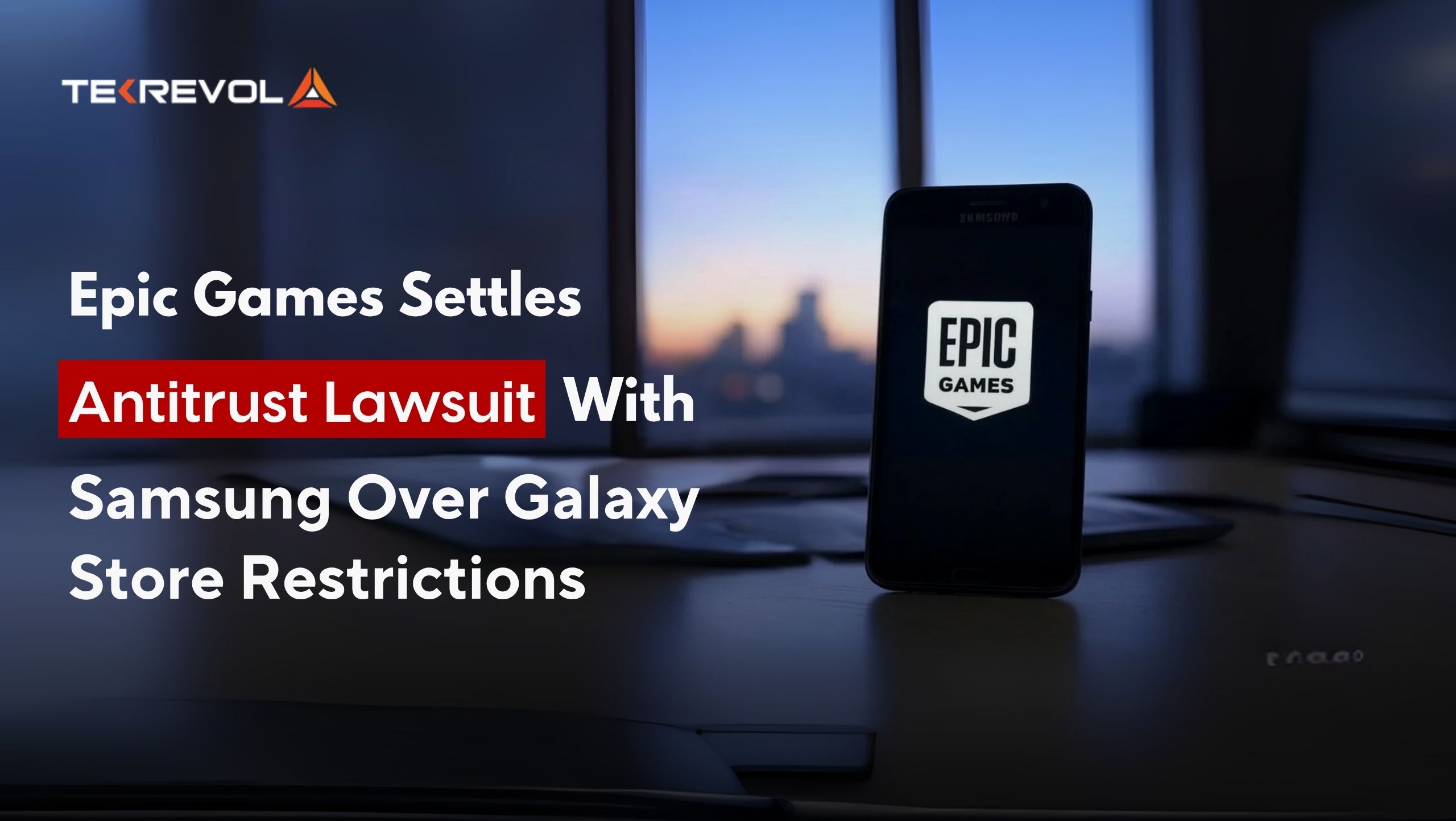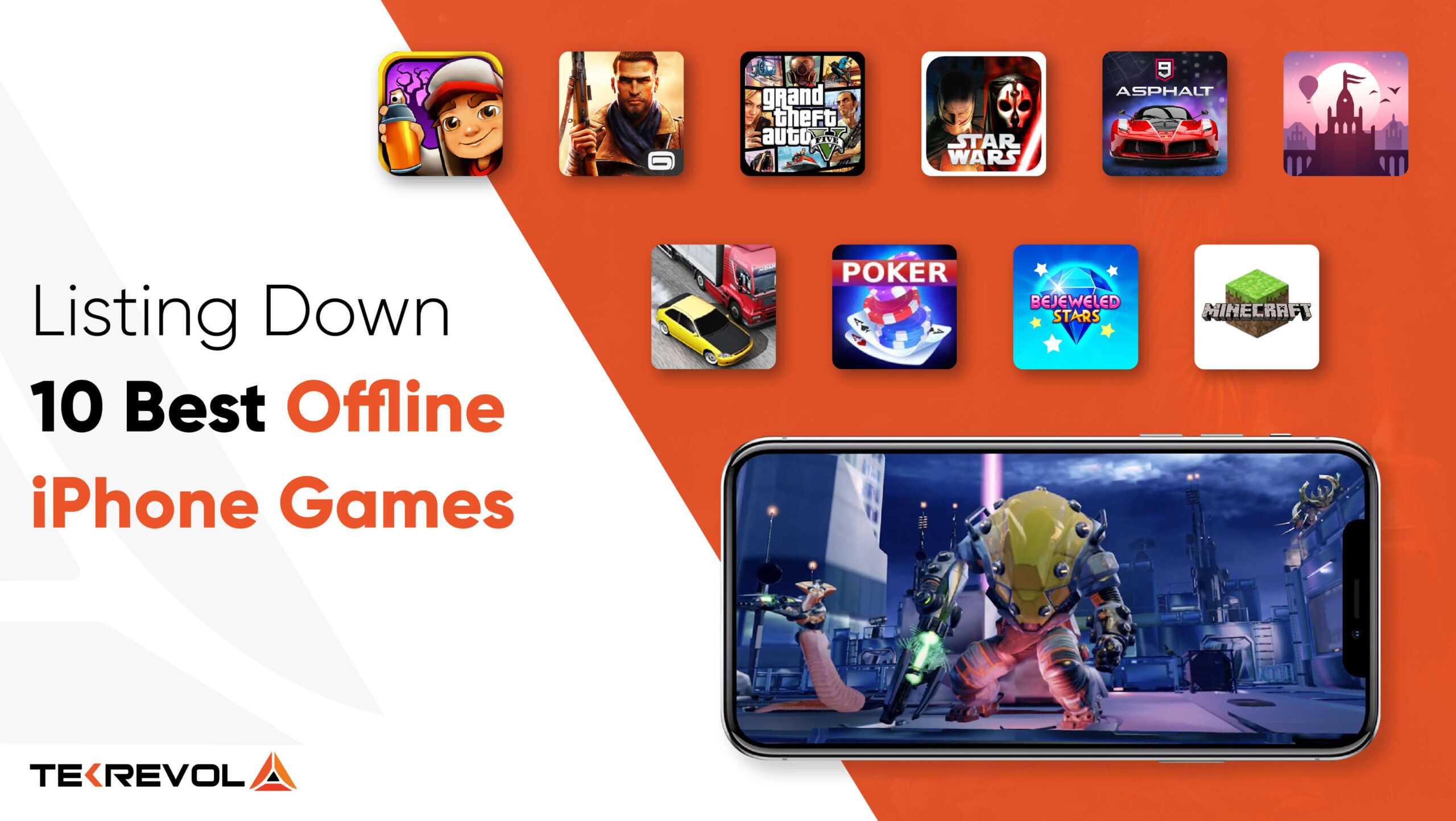Epic Games has quietly ended its 3-year legal battle with Samsung over app store policies. The two companies have reached a confidential settlement, closing a lawsuit Epic first filed back in 2021.
The case accused Samsung of limiting how developers distribute apps and use payment systems on its devices. Epic argued that Samsung’s Galaxy Store locked out fair competition, similar to what the company has also claimed about Apple and Google.
On Monday, Epic said the dispute was “amicably resolved.” Samsung confirmed the deal but didn’t share details.
Background: Epic Challenged Samsung’s Grip on Android App Distribution
Epic started challenging big tech over app store rules in 2020. The company took on Apple and Google over their billing systems and high commissions on in-app purchases as high as 30%.
In December 2023, Epic secured a key win against Google when a California jury ruled that the company had abused its power through the Play Store. That verdict is still being appealed, but has already changed how people look at app stores, especially on Android.
Samsung, while not as dominant as Google in Android app distribution, operates its Galaxy Store on hundreds of millions of devices worldwide. Epic’s lawsuit claimed that Samsung’s store policies created artificial barriers for third-party apps and discouraged developers from offering their software through independent or direct-download options.
Settlement Comes Months After Epic’s Win Against Google
The Samsung lawsuit didn’t go to trial. After sitting quiet for years, court records showed both sides were preparing for a hearing in late 2024. But instead of a public battle, the case ended in a quiet agreement.
This came just months after Epic’s win over Google, and it might signal that platform owners are starting to shift their strategies, even if they’re not saying it out loud.
Confidential Terms Public Consequences
Although the settlement avoids a public trial and comes without formal admissions of wrongdoing, the resolution may still carry industry-wide consequences.
We don’t know if Samsung plans to change its store policies after this settlement. But deals like this can lead to internal changes, especially when regulators are paying attention.
Any move to open up Samsung’s app store could help developers, especially in countries where Samsung devices are the default. It could also push demand for game development services that support flexible publishing and payment models outside of traditional app stores.
As pressure grows from regulators in the EU and South Korea, the way mobile platforms operate is likely to keep evolving.






![How Does Hybrid App Monetization Work For Houston [Strategies, Models & Trends]](https://d3r5yd0374231.cloudfront.net/images-tek/uploads/2026/02/Hybrid-App-Monetization.jpg)




